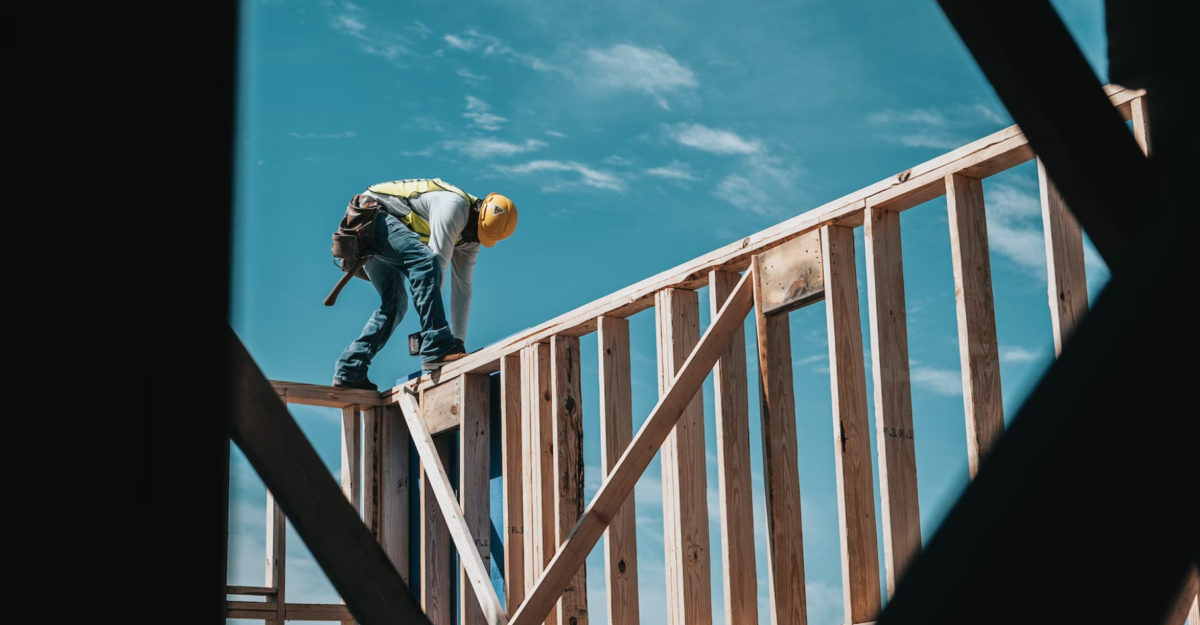What Temperature Can You Refuse to Work in Alberta?

Extreme heat can be dangerous. In Alberta, hot weather isn’t just uncomfortable — it can pose serious health risks if you’re working outdoors or in poorly ventilated spaces. But what does the law say about when it’s too hot to work, and can you legally refuse unsafe work?
At Samfiru Tumarkin LLP, we help non-unionized employees understand their rights — including when workplace conditions, such as heat, make the job unsafe. Here’s what you need to know about workplace temperature regulations in Alberta, your right to refuse unsafe work, and working in the heat safely.
Is There a Maximum Temperature for Work in Alberta?
Alberta’s Occupational Health and Safety (OHS) Code does not set a specific maximum workplace temperature where work must stop. Instead, it requires employers to:
- Identify hazards (including extreme heat)
- Assess the risks
- Take steps to protect workers
This means there’s no single legal temperature limit — but if conditions are unsafe, you may have the right to refuse work.
When Is It Too Hot to Work Outside?
While Alberta law doesn’t give an exact number, the Canadian Centre for Occupational Health and Safety (CCOHS) provides guidelines:
- Light work (sitting, little physical effort): 32°C
- Moderate work (walking, light lifting): 30°C
- Heavy work (shovelling, carrying heavy loads): 28°C
Above these temperatures, the risk of heat stress, heat exhaustion, and heat stroke increases significantly — especially with high humidity.
🥵 Key Signs of Heat Stress
- Dizziness or lightheadedness
- Headache
- Nausea or vomiting
- Excessive sweating or no sweating at all
- Rapid heartbeat
If you experience these, stop work immediately and get medical help.
Workplace Temperature Regulations in Alberta
Even without a set maximum temperature, employers must follow OHS rules by:
- Providing access to cool water and shade
- Adjusting work schedules to avoid peak heat
- Rotating tasks to limit prolonged exposure
- Allowing extra breaks in cool areas
- Supplying protective gear like hats or cooling vests
Failing to take these precautions could make the workplace unsafe — giving you the right to refuse work.
Your Right to Refuse Unsafe Work in Alberta
Under Alberta OHS law, you can legally refuse work if you have reasonable grounds to believe it presents a danger to your health and safety.
If heat is making your work unsafe:
- Stop working and notify your supervisor immediately
- Explain why you believe the work is dangerous
- Remain in a safe place until the employer addresses the hazard
You can’t be disciplined or fired for refusing unsafe work in good faith.
Working in Heat Safety Tips
Whether you’re working indoors or outdoors, here are best practices for working in heat safely:
- Stay hydrated — drink water every 15–20 minutes
- Wear light, breathable clothing
- Take frequent breaks in shaded or air-conditioned areas
- Use sunscreen and reapply regularly
- Acclimatize gradually if you’re not used to hot weather
🥵 Outdoor Working Temperature Regulations
While Alberta doesn’t set a maximum temperature, employers must follow Part 2 of the OHS Code on hazard assessment and control, which applies to both hot and cold weather. 👉 See Our Guide on Working in Cold Weather in Alberta.
How Hot Is Too Hot to Work?
If you’re feeling dizzy, sick, or unable to perform your duties without risking your health, it’s already too hot to work — regardless of the thermometer reading. Heat affects everyone differently, and employers must adjust conditions to keep you safe.
Denied Breaks or Forced to Work in Unsafe Heat?
If your employer ignores safety concerns, refuses to make adjustments, or punishes you for refusing unsafe work (called a reprisal in Alberta), you have legal options.
The Alberta employment lawyers at Samfiru Tumarkin LLP can help you:
- Understand your rights under OHS law
- Address unsafe working conditions
- Take action if you’ve been disciplined or terminated for raising concerns
Speak to an Employment Lawyer in Alberta
If you’re working in extreme heat and your employer isn’t protecting your health, or you are fired without cause or dismissed for cause, talk to us before you take further action. Our team at Samfiru Tumarkin LLP can explain your options and protect your rights.
You may be owed up to 24 months’ pay in Alberta severance — and can file a claim for wrongful dismissal to get it.
Our team has helped many employees in your exact position understand their rights, challenge unfair severance packages, and get what the law truly says you’re owed.
- 👥 Over 50,000 clients helped across Canada
- 💰 Millions recovered in severance and compensation
- ⚖️ No win, no fee — you don’t pay unless we win*
- ⭐ 315 5-star Google reviews across Alberta (4.8 average)
- 🏆 Recognized as one of Canada’s Best Law Firms by The Globe and Mail
* Conditions apply. Not all cases qualify.
Call us at 1-855-821-5900 or request a consultation.
You must consult your union representative regarding termination, severance pay, and other workplace issues. By law, employment lawyers can’t represent unionized employees with these issues. You’re governed by your collective bargaining agreement.




